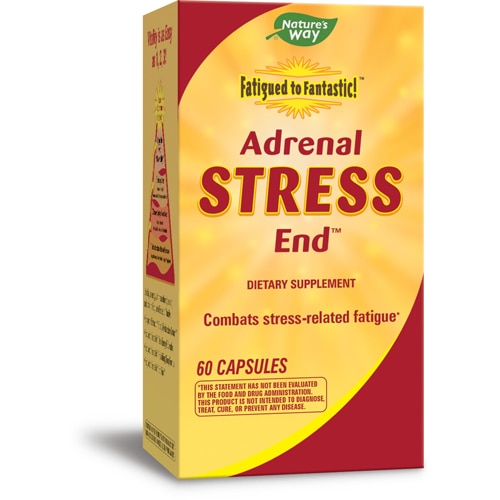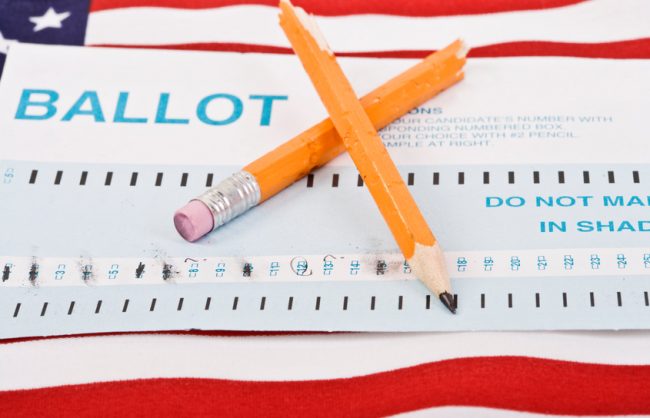The 2016 presidential campaign is making voters wary. About 70 percent of respondents say the election has brought out the worst in people, according to a Monmouth University poll. Indeed, 7 percent of voters say they have lost or ended a friendship because of the presidential campaign. Clearly, voters are feeling a lot of stress. Such anxiety can endanger your mental and physical health.
Fortunately, there are ways to calm those feelings. The first step to combatting stress is to understand what it is, says Daniel Kirsch, president of the American Institute of Stress.
"Stress is not something that happens to us," he says. "It is how we react to situations and thoughts."
By making the right choices, you can reduce stress and its impact. Tips for becoming more resilient include:
1. Keep an open mind
People set themselves up for frustration when they expect things to go their way, Kirsch says.
When thinking about future events, replace the word "expectation" with "preferences." Doing so will make it easier to accept situations where you have little control.
"Your vote is one of millions, and majority rules," he says. "Certainly you wouldn't want it any other way, even if most people vote wrong in your opinion."
Kirsch also urges you to try to hear both sides of the discussion, rather than just reacting with "your first gut instinct."
"Even if the other side wins, you will survive and maybe even prosper in ways you haven't thought of," he says.
2. Remember our history
The United States has seen wars, economic depressions, terrorist attacks, scandals and natural disasters. In light of all that, the 2016 election is pretty tame stuff.
"This country has survived worse," Kirsch says. "And so often, the doomsayers have been proven wrong."
Kirsch acknowledges that a bad president "can do some damage." But he adds that the Constitution is strong and "can survive almost anything."
3. Get physical
Rather than simply stewing in your worries, take action to change how you feel. Kirsch says exercise can help you with stress relief. As blood flow increases during a workout, stress hormones dissipate.
Kirsch also recommends breathing exercises to help offset your body's stress response.
"Breathe in through your nose for a count of four, hold it for seven seconds and then breathe out forcefully through your mouth for eight seconds," he says. "Do just four of these exercises twice a day and you will feel better soon."
4. Count your blessings
On how to relieve stress, Kirsch says simple appreciation of life's good things can help. He cites the advice of mental health counselor and performance coach Heidi Hanna, an AIS fellow and author of "Stressaholic."
Hanna urges people focus on things for which they are grateful. One way to accomplish this is to write down three things that make you grateful, and why they make you feel that way.
Then, close your eyes and try to notice the physical sensations that go along with gratitude. Hold that state of mind and body.
Hanna also urges people to keep a sense of humor about events. Doing so can stimulate the release of endorphins in your body, which helps elevate your mood.
5. Accept what you can't change
Kirsch says he can relate to the anxiety people feel as we get closer to Election Day, which is Nov. 8.
"I'm as stressed as everyone else about the elections," Kirsch says. "The only difference is I know how to be resilient to stressors."
At the end of the day, eliminating stress is about learning to accept what we cannot control.
"Don't be afraid of change," he says. "Life is a series of changes, welcomed or not."




